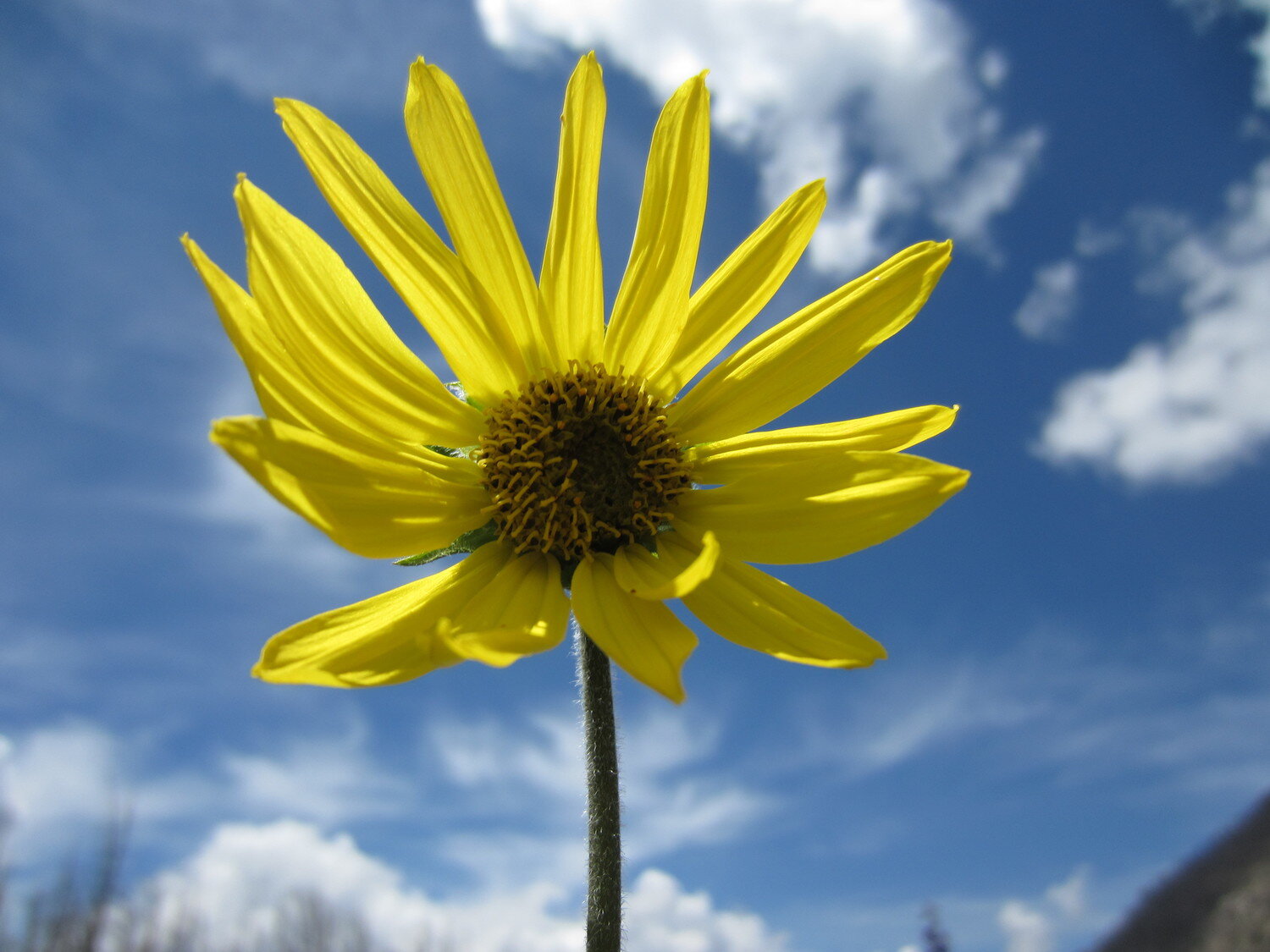Embracing Slow
“I don't know exactly what a prayer is.
I do know how to pay attention,
how to fall down into the grass,
how to kneel down in the grass,
how to be idle and blessed”
-Excerpted from “The Summer Day” by Mary Oliver
I live in a town (Asheville, NC) that embraces slow food and slow medicine. Cherokee Purples, Ruby Golds, Brandywines…the language of heirloom tomatoes trips off of peoples tongues at the farm stands on Saturday, and the bumper stickers touting: “Local food—thousands of miles fresher” are ubiquitous. Likewise, tinctures and herbal remedies are widely embraced, and acupuncture and holistic healing centers are on practically every street corner. Slow is definitely in. Or more accurately, slow is in in some specific facets of life.
Michael Pollan, one of the champions of the slow food movement, makes the point in his book In Defense of Food that we have fixated (to a fault) on nutrients, believing that all we really need is Vitamin X or Mineral Y, and forgetting that Vitamin X and Mineral Y are a part of a whole, and that when we extract a single part from a vegetable and insert it into a processed “fortified” breakfast cereal, something vital gets lost in translation. In terms of nutrition, we’ve developed tunnel vision and allowed the micro to flood our lens to the point that we’ve forgotten that the macro even exists.
It seems to me, that we’ve done the same with the various slow movements that have gone from niche to trendy to mainstream in the last decade. Slow food and slow medicine are worthy, indeed, but deeply insufficient when stripped away from the context of a slow life.
Mary Oliver writes in her poem “The Summer Day” that she knows how to be idle and blessed. I do not know how to be idle and blessed. Or rather, I don’t intuitively know how to be idle and blessed.
But I’ve been lucky enough to find myself in situations that encourage leisure, and so while I’m predisposed to keeping frantically busy, I’ve also had occasion to taste the slow life.
This summer was one such occasion. Backpacking trips aren’t always leisurely--especially when you are leading the trip. But this summer, my particular backpacking trip, was an exercise in slowing down. Our mileage was modest and our groups’ needs were low. More importantly, we were far removed from cell phone range and Internet connection. We were away from our normal social outlets and social obligations. And we were away from our mundane obligations like mowing the lawn and sweeping the floor and folding laundry. This meant that there was more time to read. More time to journal. More time to make elaborate backcountry meals. More time to engage in conversations. More time to play games. More time to sleep. More time, period.
Except of course, there wasn’t really more time. Days are still 24 hours whether you are in a tent in the mountains or in your high-rise in the city. But the days out in the mountains felt expansive and long, and yes, sometimes, when the chapter was finished and the journal entry complete and the mac ‘n’ cheese cooked and the banter done…sometimes, the days even felt boring. A product I suppose of not fully knowing how to revel in idleness.
But here’s the thing: I can remember each day out there. I can remember where I slept. I can remember specific meals I cooked. I can remember views I took in. I can remember conversations I had. I’ve been back in the front country for a couple of weeks now, and already I am back to my routine of stuffing my days so full that I can’t possibly metabolize all of the experiences, and my memory doesn’t have a prayer of keeping up. And with the side-by-side comparison fresh, it feels clear that something very fundamental is sacrificed on this alter of productivity.
On my last night out in the mountains, I set the intention of bringing slowness into my front country life. My successes are small, but in the face of the many temptations towards busyness, they feel very real. I’m starting my day off with walking my dog, not checking email. I'm not saying yes to every social invitation. I’m leaving work with items still glaring on my to-do list. And it’s been lovely. But it isn’t nearly enough.
Annie Dillard pointed out: “How we spend our days is of course how we spend our lives,” a statement that is both obvious and startling. I hope that the taste of leisure this summer will linger in my heart and mind long enough for it to become a habit in the front country. And I pray that when I get to the end of my life I won’t be writing poems saying: “I know how to be frantic and busy,” but rather, I too will have truly learned the art of being idle and blessed.
